MS-LS3-2
Develop and use a model to describe why asexual reproduction results in offspring with identical genetic information and sexual reproduction results in offspring with genetic variation.
-
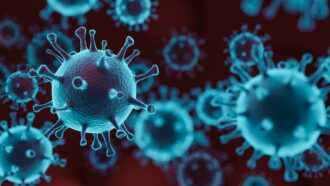 Health & Medicine
Health & MedicineEarly details emerge about the new U.K. coronavirus variant
The variant may spread more easily from person to person. That could make continuing to wear masks all the more important, experts say.
-
 Genetics
GeneticsWhat would it take to make a unicorn?
Onward’s dumpster-diving unicorns seem like an impossibility. But scientists have some ideas about how unicorns could become real.
-
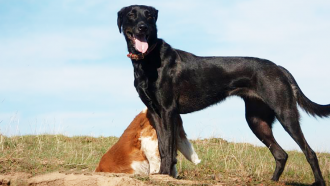 Genetics
GeneticsWhat we can — and can’t — learn from our pets’ DNA
Your dog or cat’s DNA is an open book. DNA tests tell people about their pet’s breed and attempt to predict things about its behavior and health.
-
 Genetics
GeneticsExplainer: How DNA testing works
Lots of companies will now test DNA from people and their pets. How do these gene-sequencing techniques work? We explain.
-
 Genetics
GeneticsExplainer: What are genes?
Genes are DNA regions that tell cells how to build proteins. But we have many more proteins than genes. And much of our DNA controls when genes turn on and off.
-
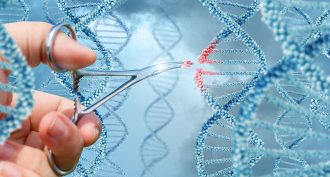 Genetics
GeneticsExplainer: Why scientists sometimes ‘knock out’ genes
How do we learn what a particular molecule does in the body? To find out, scientists often 'knock out' the gene that makes it. Here’s how.
-
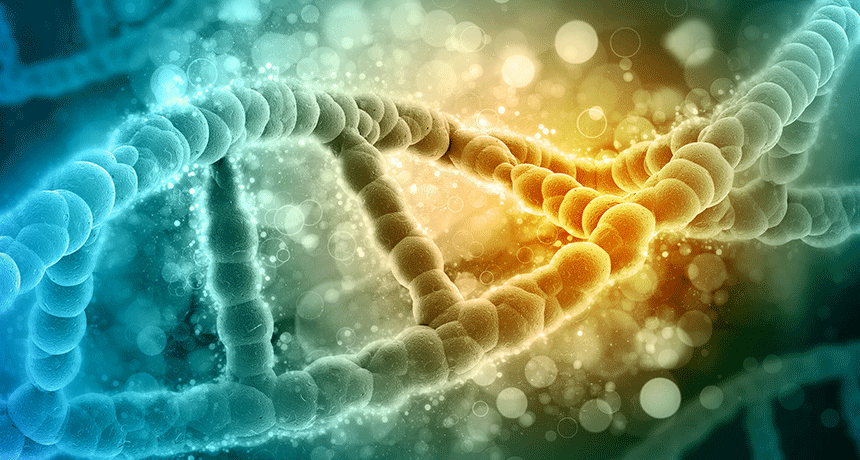 Genetics
GeneticsExplainer: How CRISPR works
Scientists are using a tool called CRISPR to edit DNA in all types of cells.
-
 Archaeology
ArchaeologyDNA from African mummies tie these folk to Middle Easterners
Ancient DNA extracted from 90 Egyptian mummies reveals genetic links to Greece and the Middle East.
-
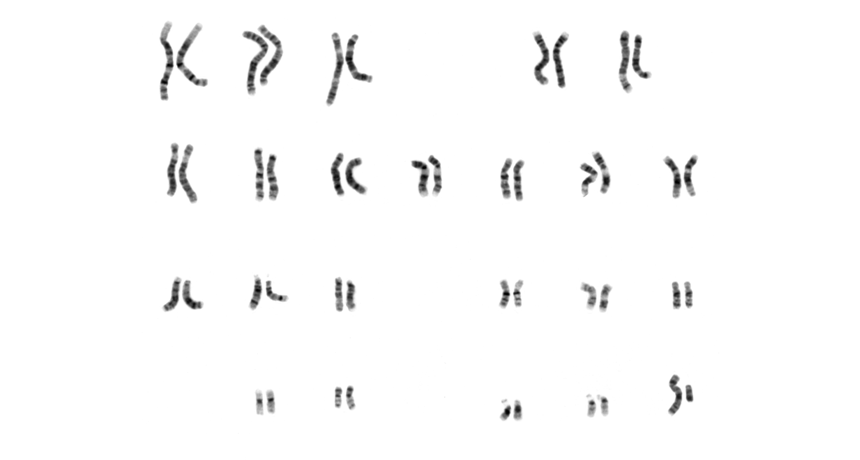 Genetics
GeneticsScientists Say: Chromosome
This threadlike structure is made of DNA wrapped around protein. It allows the 3 billion base pairs in human DNA to stay neatly packaged in a cell.
-
 Life
LifeHow to make a ‘three-parent’ baby
Scientists combined an egg, sperm and some donor DNA: The end result: what appears to be healthy babies.
-
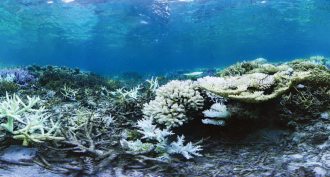 Oceans
OceansCreative ways to help coral reefs recover
Coral reefs are under siege from threats ranging from climate change to explosives. But scientists are developing ways to rebuild reefs before they disappear.
-
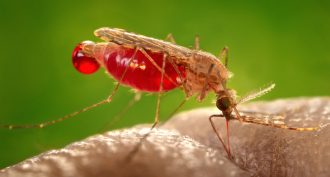 Animals
AnimalsGene editing swats at mosquitoes
A new genetic technique can render insects that spread malaria unable to reproduce.